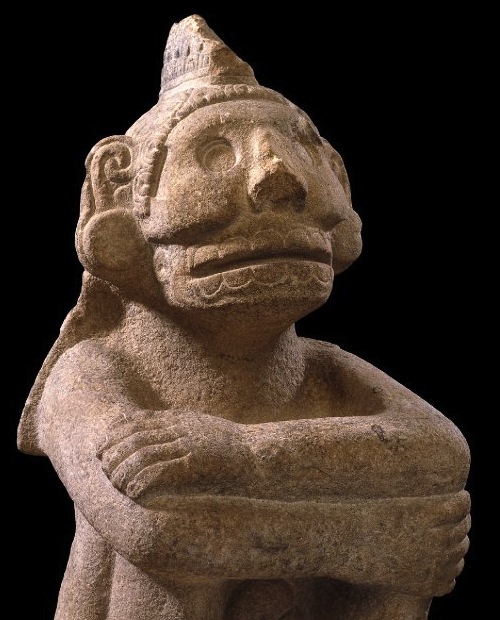Ragamuffin is my book from Grenada for the Read The World challenge. It’s a science fiction novel about a universe where humans share space with various other species and can travel from world to world via wormholes. Some of them come from a world which was settled by people from the Caribbean, hence the title and a certain amount of West Indian-inflected dialogue.
It was quite entertaining, I guess; I’m not really much of an SF fan. I read a lot at one stage because my brother used to read them, but since we don’t live in the same house anymore, I’ve largely stopped. I think the most interesting thing about SF is when it’s used to explore ideas: so for example, Iain M Banks’s Culture novels are in a sense a contribution to the Utopian tradition, and among other things, they raise the question of what human society would be like in a situation with limitless material wealth.

Ragamuffin is not really a novel of ideas in that way; it’s inventive enough, but it’s inventive within the standard tropes of science fiction. In a way this kind of space opera is really futuristic fantasy; swords and sorcery, with bionic implants taking the place of magical powers. I always thought it was interesting, incidentally, that two of the most popular works of C20th narrative, Lord of the Rings and Star Wars, have such a medieval shape to them. But maybe that’s too much of a detour for this post.
Anyway, sub-genres of SF aside, what really makes the difference between good novels and bad ones is not the genre, it’s always the quality of the writing. Which in this book was perfectly reasonable but nothing remarkable. Even though it’s not the kind of book I usually read, I picked it up thinking it might be a bit of treat to read some escapist fiction. But it never really grabbed me.
» The Aztec figurine of Mictlantecuhtli is from the British Museum. As well as the Caribbean theme in the novel, there’s an Aztec-inspired culture, weirdly enough.